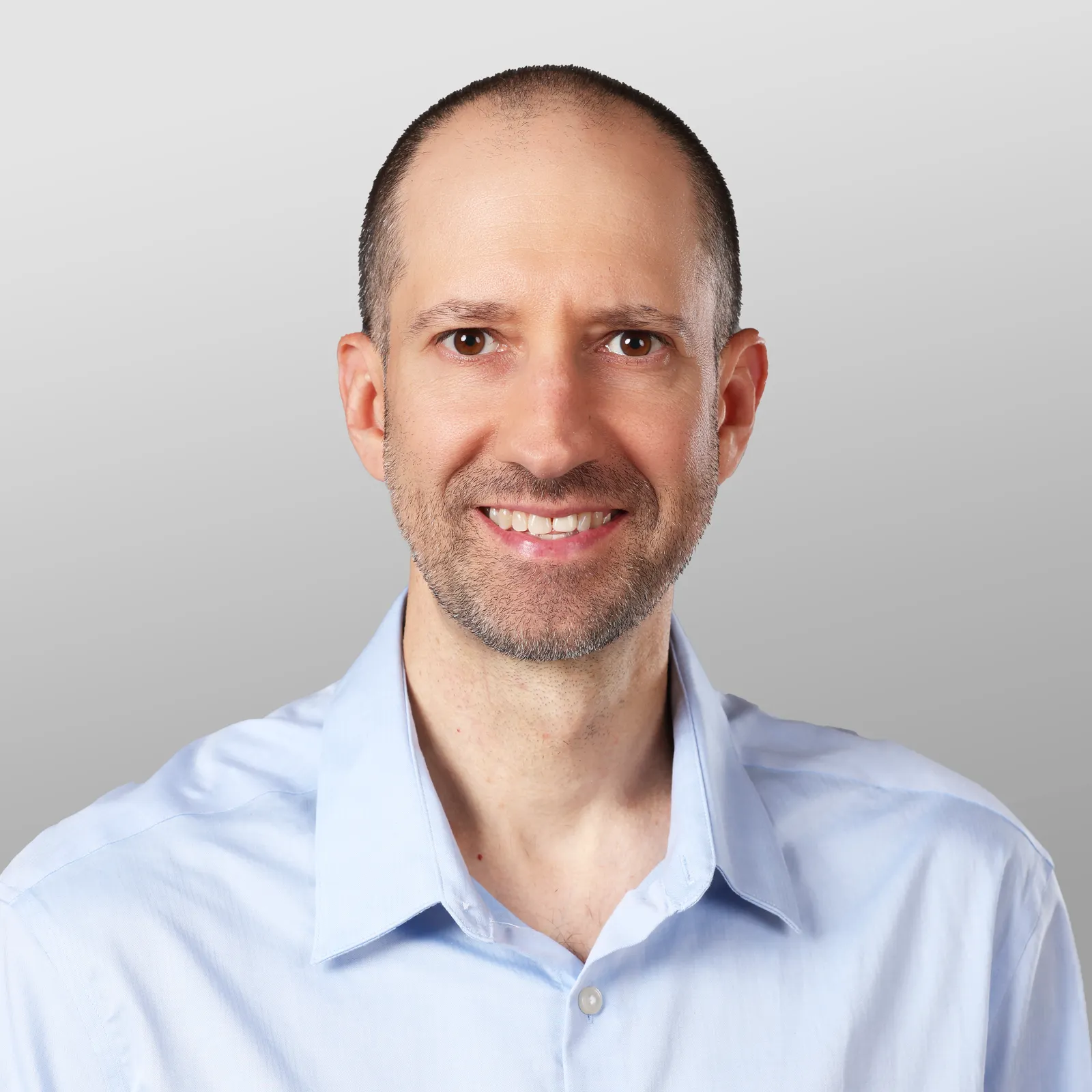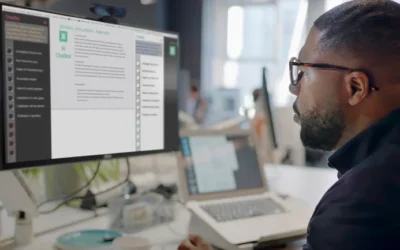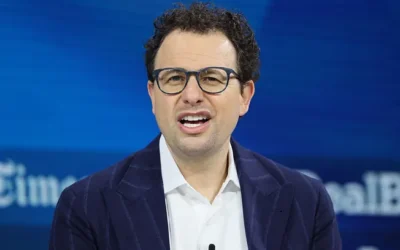With five software-as-a-service industry CFO roles in 10 years, one might wonder about Aaron Levine’s churn rate. Industry experts aren’t surprised, though. Two- to three-year tenures are common for CFOs at middle-market, private-equity-backed companies, as the sale of these companies typically results in leadership changes at the top.
The former accountant used each exit as an opportunity to accept positions in industries that intrigued him, from cybersecurity to nonprofits to customer success. Today, as CFO of financial performance software company Prophix, Levine is enjoying an expanded role leading the finance function at the company while contributing cross-functionally as the target customer for his firm’s products.
Levine joined Prophix in January 2024 with more than 20 years of experience in the software as a service industry that includes serving as controller at two organizations.

Aaron Levine
CFO, Prophix
First CFO position: 2015
Notable previous employers:
- ChurnZero
- EveryAction
- Visual Networks
- PricewaterhouseCoopers
This interview has been edited for brevity and clarity.
SANDRA BECKWITH: You joined Prophix a little over a year ago. What made you the right CFO candidate?
AARON LEVINE: My whole career has been in software. Even when I was at PwC, I was in the software group. Also, Prophix is mid-market and PE-backed. The bulk of my career has been with mid-market companies and in the second half, it’s been with PE-backed businesses.
I also have the M&A experience we will need when acquisitions become part of our inorganic growth strategy as we scale.
On my side, I wanted to work for a business that was at least $100 million-plus with a great management team and PE backer. I also wanted to stay in D.C., so an East Coast company was important. I really believe in our product, too. I think that 10 years from now, every mid-market business will use technology like ours.
You’ve changed employers as a CFO every two to three years. Talk to me about why.
LEVINE: It’s no secret that the average hold period with PE-backed businesses is four to five years. The CFO usually arrives in the middle of that timeline, giving them two and a half years before the current backer exits. I knew this when I accepted my first CFO position, and it’s been the pattern since then. Still, I would like to stay with a business long-term, and that’s my hope with Prophix.
You’re now at a company that sells technology to CFOs and other finance leaders. How does your finance experience inform or influence the company and its products?
LEVINE: I definitely have more of a front and center role, which is part of the job’s appeal.
We sell to mid-market CFOs, so I’m in the bullseye of our ideal customer profile. That makes this job really fun for me. Because I understand our customers, their pain points and their challenges as well as their tech stack and where they are in terms of scaling their businesses, I’m involved with both marketing and sales.
Plus, my group is the guinea pig as we roll out new features and modules. For our big release last year, my team was the unofficial first customer, providing feedback before the release.
You got your finance MBA about six years after graduating with an accounting degree. What were you looking for?
LEVINE: I always had ambitions outside of core accounting and believed an MBA program would broaden my skill set and thinking. It did, but I also met interesting people and built a network that has been helpful in my career.
What part of the CFO’s job is more difficult for you because of your background or experience?
LEVINE: It’s the soft skills. Earlier in my career on the accounting side, I spent my time on tactical work. As a CFO, I need soft skills to manage a team and bring people together to work cross-functionally with other departments, among other things. My soft skills have developed with experience over time, but the work on them never stops for any of us.
What’s the easiest?
LEVINE: You’ve heard the expression, “Same actors, different movie?” Because I’ve been in this situation several times already, I can quickly jump in and assess the needs. Once you’ve seen something four or five times, knowing how to respond is like an athlete’s muscle memory.
From a career standpoint, what’s your biggest regret?
LEVINE: I don’t know if it’s a regret because I’m happy with my career progression, but my reluctance to leave D.C. has certainly limited my opportunities.
What advice would you give to others in finance hoping to become CFOs?
LEVINE: Today’s CFO position is an operational role, too, especially when it comes to finance technology. The data steward role is a big piece of the CFO’s purview now, so get out of the books and monthly close and work with your business to own the data and implement systems that are going to scale the business.





